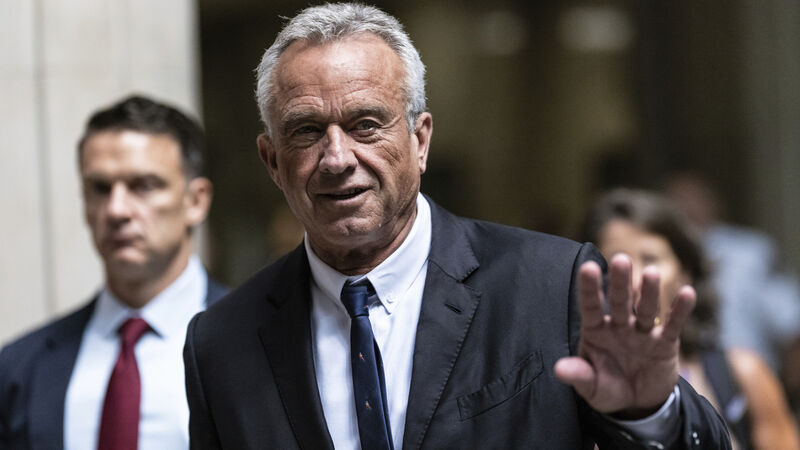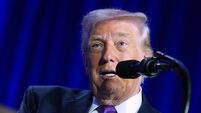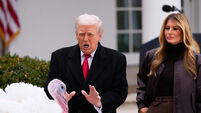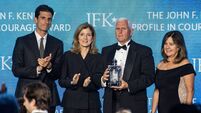Anti-vaccine rhetoric from RFK is a profound threat to public health

Robert F Kennedy Jr is a name that resonates across the world. But it is not just because of his famous lineage that RFK Jr has built his name, but also his notorious role as a public health agitator. Photo: AP/Stefan Jeremiah
It’s election year in the US, and while economics, border control and foreign policy are a core focus for many, there’s one issue that may be even more pressing - public health.
Among the popular voices in this politically charged environment is that of Robert F Kennedy Jr, a figure whose influence extends far beyond inflammatory political rhetoric, into one of the most harmful areas of the online disinformation landscape, the anti-vaccine movement.
















